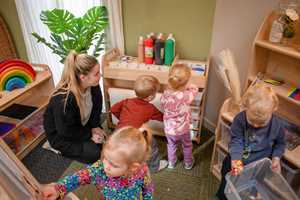
Lesson Ideas and Activities
Promoting Social Emotional Learning in Early Years!
Introduction
Social Emotional Learning (SEL) is a critical aspect of early childhood education, especially within primary schools in particular the Early Years Foundation Stage (EYFS) framework. It encompasses the processes through which children learn to understand and manage their emotions, establish positive relationships, and make responsible decisions.
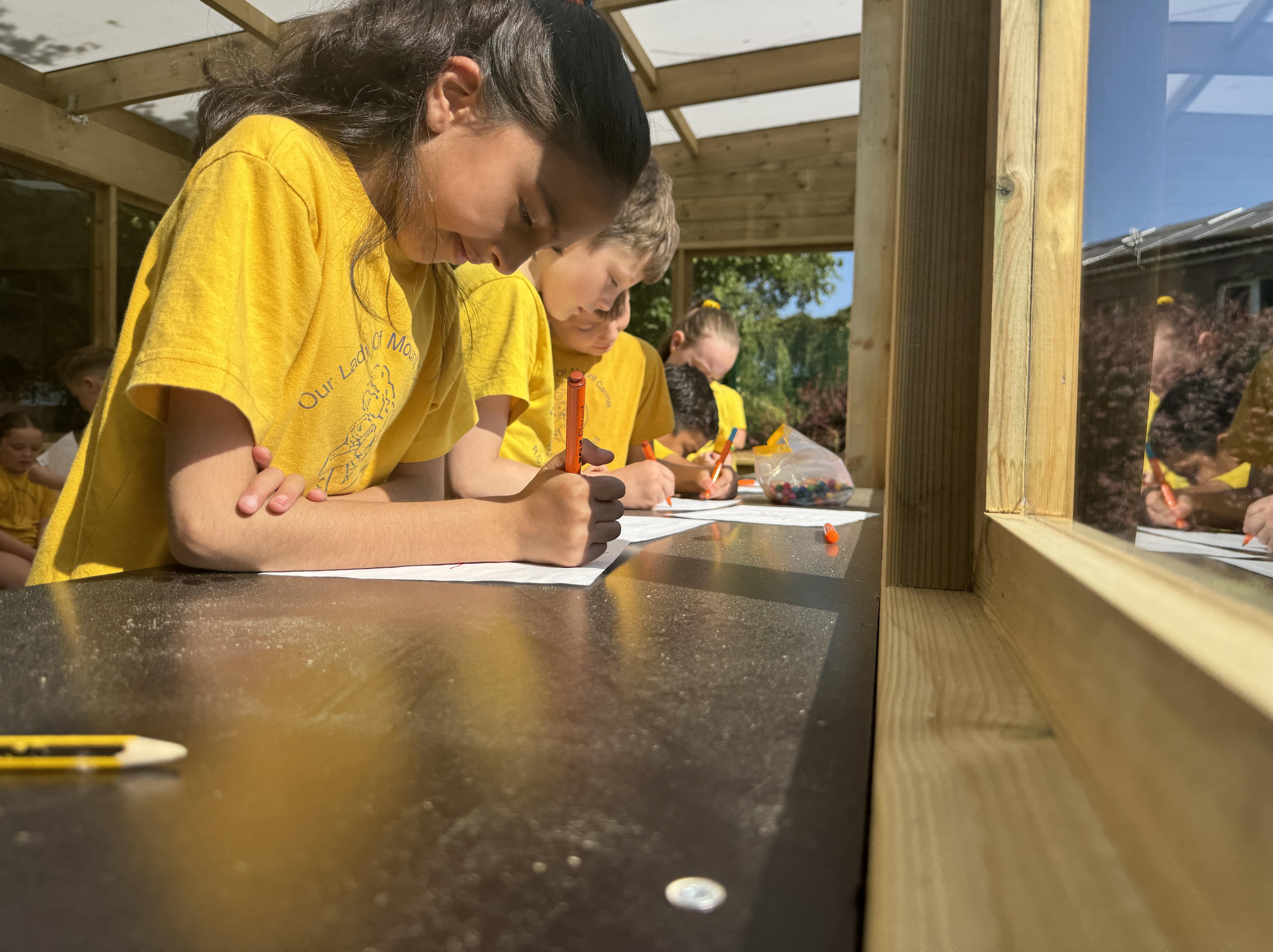
This Blog explores the significance of Social and Emotional Learning in EYFS, effective strategies for promoting it, and the implications for educators and caregivers.
Understanding Social Emotional Learning
Before you can start implementing social emotional learning into your children's daily nursery or school routine, it's important that you know what Social Emotional Learning means.
Definition of Social Emotional Learning
Social Emotional Learning (SEL) is a comprehensive approach aimed at fostering the social and emotional skills of individuals, particularly children and adolescents.
Social and Emotional Learning encompasses the processes through which individuals acquire knowledge and skills to understand and manage emotions, set and achieve goals, show empathy for others, establish positive relationships, and make responsible decisions (CASEL).
Research indicates that effective Social and Emotional Learning programs can enhance students' emotional intelligence, improve academic performance, and reduce behavioural problems (ScienceDirect). The core competencies of Social and Emotional Learning, as identified by CASEL, include:
- self-awareness,
- self-management,
- social awareness,
- relationship skills,
- and responsible decision-making.
These competencies not only contribute to personal development but also promote a positive school climate, fostering a sense of belonging and community among students (Zins & Elias).
.jpg)
Implementing Social and Emotional Learning in educational settings involves integrating these competencies into the school curriculum and creating supportive equitable learning environments that encourage emotional growth. This holistic approach not only benefits students academically but also equips them with essential life skills, preparing them for future challenges in both personal and professional realms (Jones & Bouffard).
In summary, Social and Emotional Learning supports students and is an essential framework for developing well-rounded individuals capable of navigating their emotions and relationships effectively, ultimately contributing to their success in life.
Importance of SEL in Early Childhood
Social and Emotional Learning (SEL) in early childhood is crucial for laying the foundation for children's lifelong success. During these formative years, children develop essential emotional skills that shape their emotional well-being and social interactions.
Research shows that effective Social and Emotional Learning programs can lead to improved emotional regulation, better relationships, and enhanced academic outcomes.

In early childhood, Social and Emotional Learning helps support children to understand their emotions, develop empathy, and learn to cooperate with others. By fostering self-awareness and social skills, Social and Emotional Learning prepares children to navigate the complexities of their social environments.
For instance, children who can express their feelings and understand others’ emotions are more likely to form positive peer relationships and adapt to school settings (Jones).
Furthermore, SEL in early childhood has long-term benefits, including reduced behavioral issues and increased academic success as children progress through school (Payton). These SEL programs also promote resilience, helping children cope with challenges and setbacks in their lives.
Incorporating SEL into early education not only benefits individual children but also creates healthy relationships providing a more supportive and inclusive classroom environment. Teachers trained in SEL can model and teach social and emotional skills, creating a positive atmosphere conducive to learning (McCombs).
In summary, SEL is vital in early childhood, equipping young people with the social and emotional skills necessary for positive outcomes such as emotional health, social competence, and academic achievement.
Framework for SEL in EYFS
SEL is vital for child development as it provides children with a plethora of opportunities to improve their social skills. This learning type is so important, that even the EYFS framework talks about it.
EYFS Profile and Social Emotional Development
The EYFS framework emphasizes the importance of personal, social, and emotional development (PSED) as one of its prime areas of learning.
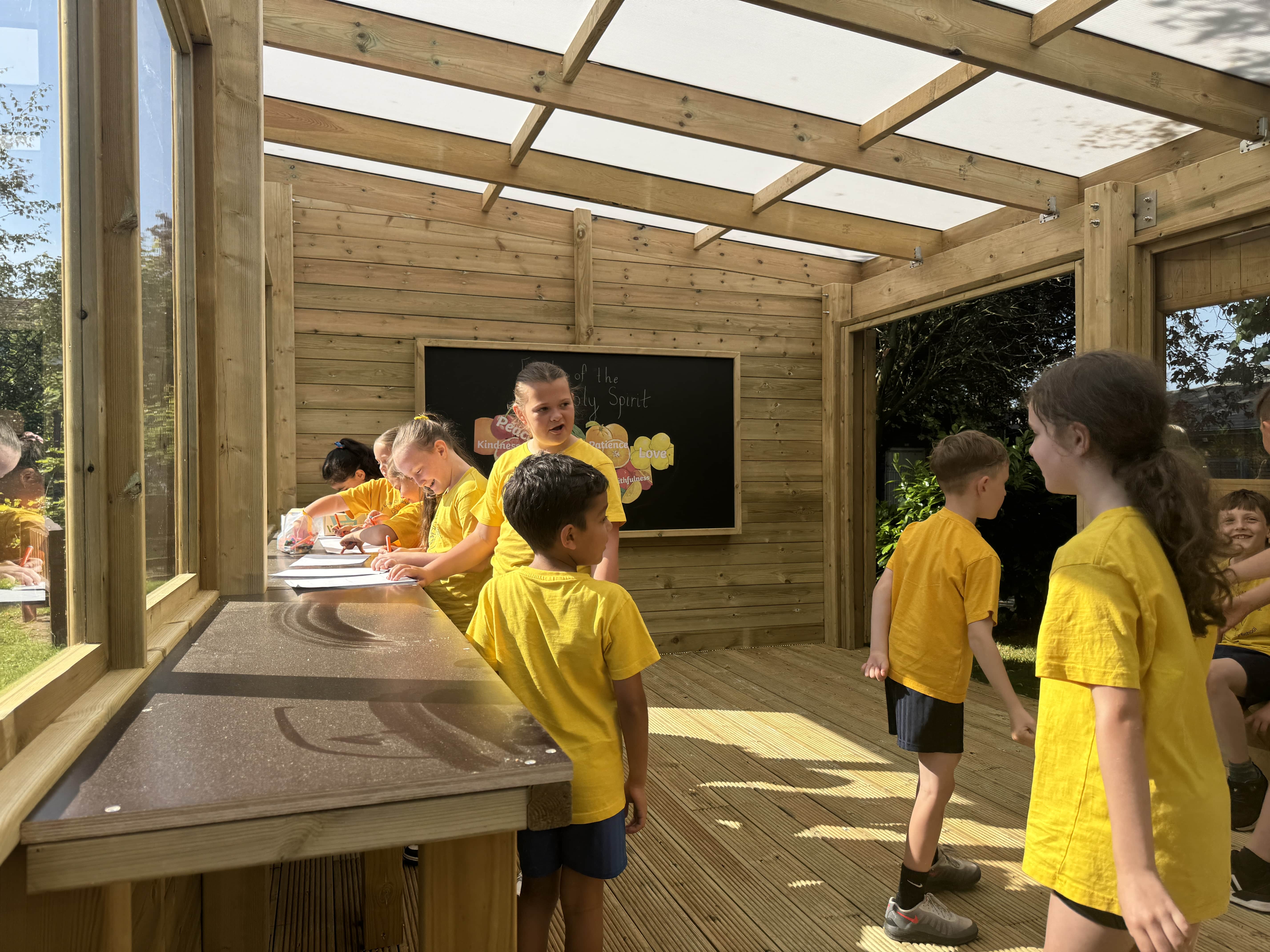
The EYFS profile identifies a social emotional learning curriculum which specific goals related to self-regulation, social skills, and emotional awareness, aiming to create a holistic foundation for children’s overall development (Department for Education).
Key Components of SEL in EYFS
- Self-Awareness: Understanding one’s own emotions and recognising personal strengths and weaknesses.
- Self-Regulation: Learning to manage emotions and behaviors in various situations.
- Social Awareness: Developing empathy and understanding others’ perspectives.
- Relationship Skills: Building and maintaining healthy relationships with peers and adults, therefore improving relationship skills.
- Responsible Decision-Making: Making constructive choices about personal and social behaviour.
Strategies for Promoting SEL in EYFS
Now that you understand the importance of SEL and how it can benefit your children, the final step is understanding how you can successfully encourage your children to engage with SEL.
Creating a Supportive Environment
The environment that surrounds a child plays an important role in establishing how well the child will engage in the lesson. Due to this, it's important to note that creating a supporting learning environment is fundamental.
Safe and Nurturing Spaces
Establishing a physically and emotionally safe environment is paramount. Classrooms should be designed to promote positive interactions and responsible decisions making, with areas for quiet self-management, reflection and group activities. A nurturing environment allows young people to express their feelings freely and develop trust with educators.
Positive Relationships
Building strong, supportive relationships between educators and children is crucial. When young people feel valued and understood, they are more likely to engage in social-emotional learning. Educators can foster these connections through active listening, showing empathy, and providing consistent support.
Implementing SEL Programs
Implementing SEL programmes can be a stressful task, as children can easily disengage themselves from the learning approach if the implementation is too sudden or too stretched out.
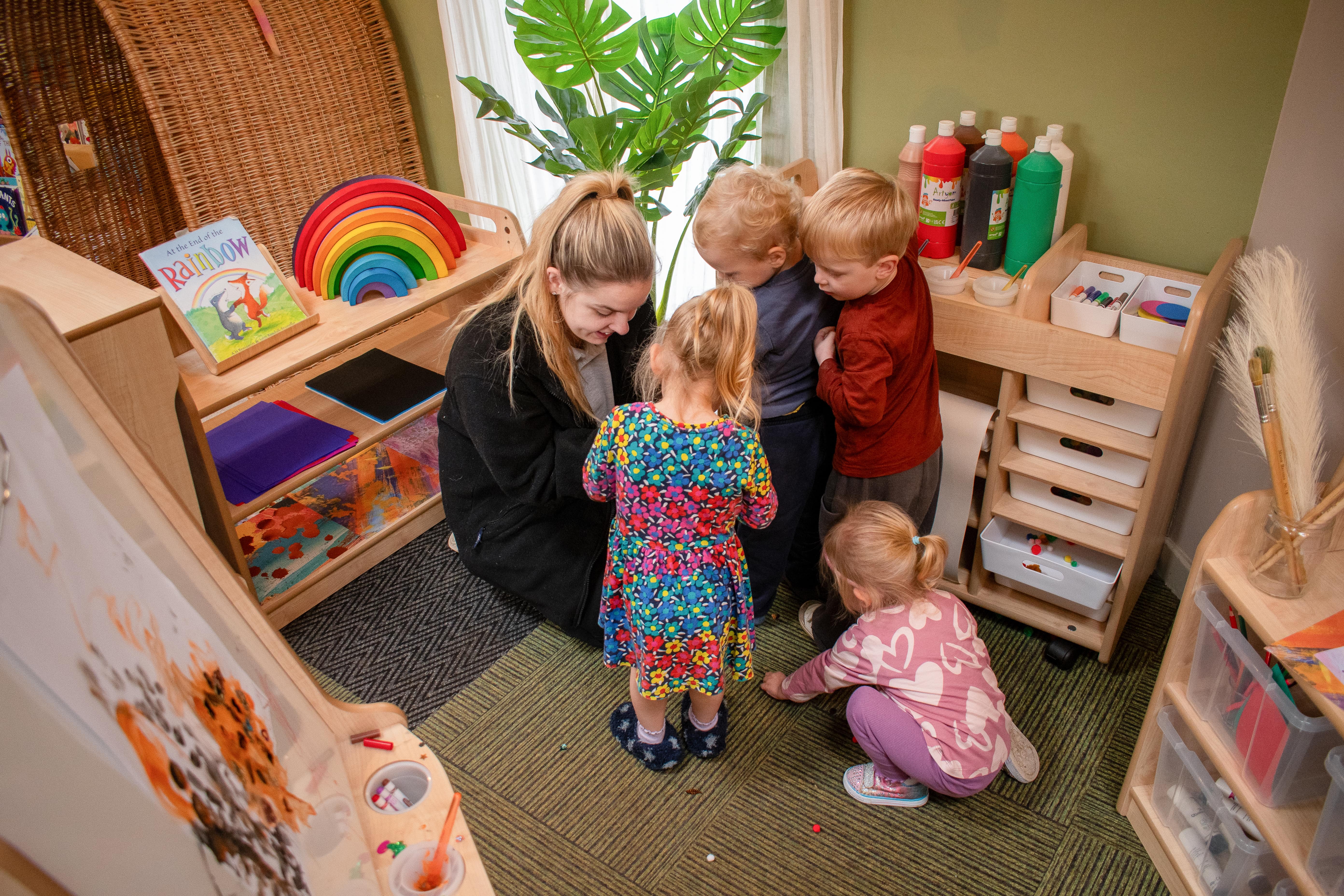
Structured SEL Curriculum
Implementing a structured SEL curriculum can provide children with explicit instruction on emotional literacy, empathy, and conflict resolution. Programs such as the “PATHS” (Promoting Alternative Thinking Strategies) curriculum have been successful in teaching these skills in early childhood settings (Greenberg).
Storytelling and Role-Playing
Using storytelling and role-playing can enhance children’s understanding of emotions and social situations. Engaging children in stories that depict various emotional scenarios encourages discussion about feelings and appropriate responses (Duncan & McMillan). Role-playing can also allow children to practice self management and social skills in a safe environment.
Engaging Families and Communities
Just like other learning strategies, SEL is especially effective when children are surrounded by adults who are adapting it into their own lives. Getting family and the community involved can help children develop at a quicker rate.
.jpg)
Family Involvement
Encouraging family involvement in SEL activities can reinforce learning at home. Providing parents with resources and strategies to support their children’s social-emotional development can create a consistent approach. Promoting Social Emotional Learning SEL via Workshops and informational sessions can help parents understand the importance of SEL.
Community Partnerships
Building partnerships with community organisations can enhance SEL initiatives. Collaborations can provide additional resources, such as workshops for young people and families, or activities that promote social emotional learning SEL engagement outside the classroom.
The Role of Educators in Promoting SEL
Educators play the most important role in SEL, as the children will see the teachers as role models. From this simple fact, educators need to keep two key points in mind.
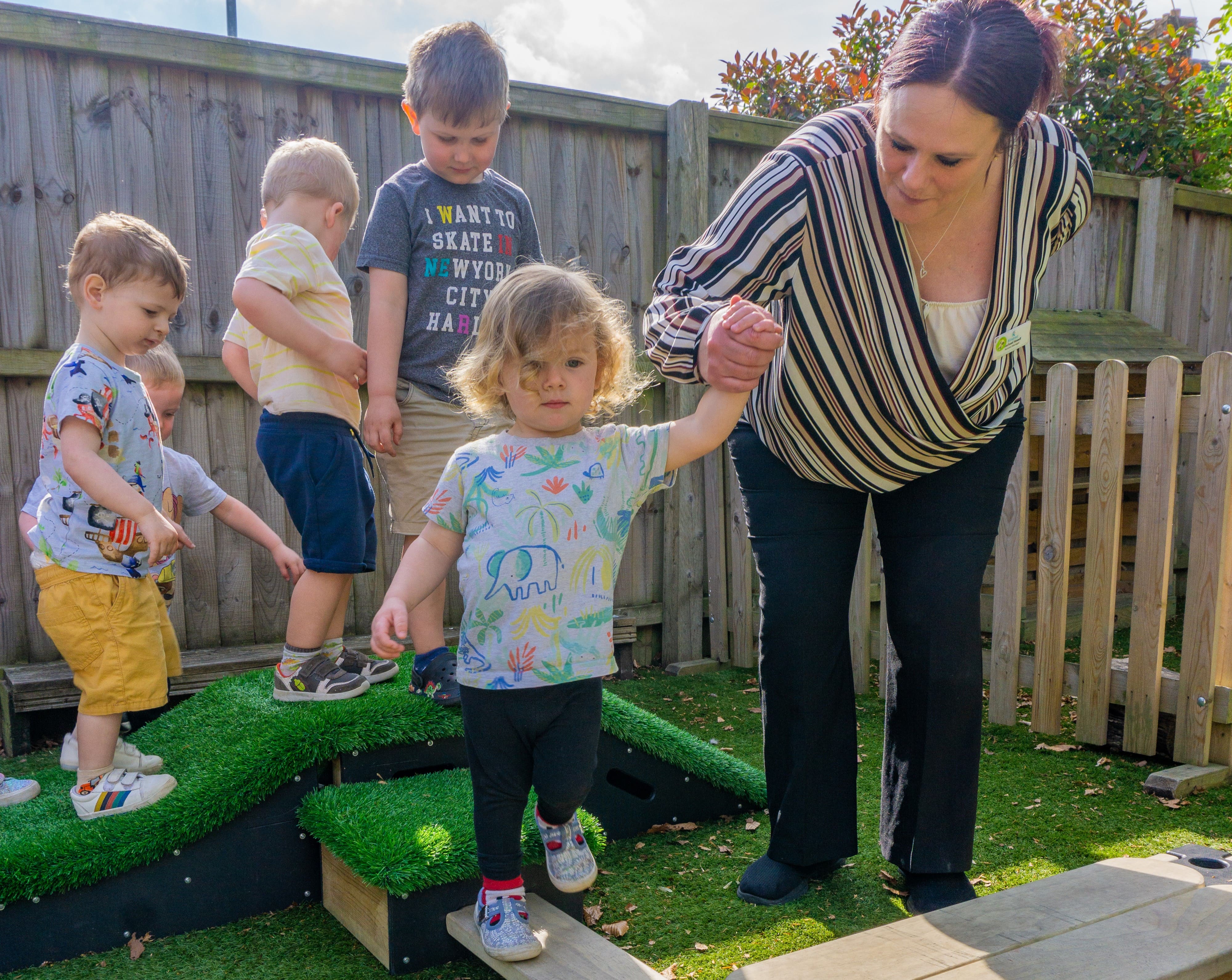
Training and Professional Development
Educators must receive appropriate training to effectively promote SEL skills. Professional development programs should focus on equipping educators with the knowledge and skills to implement SEL strategies, understand children’s emotional needs, and create an inclusive classroom environment.
Modeling Social Emotional Skills
Educators serve as role models for young people. Demonstrating positive social-emotional behaviours, such as empathy, patience, and effective communication, can significantly influence children’s learning and behaviour. Educators should actively engage responsible decision making and in self-reflection to ensure they embody the values they wish to instill in their students.
Assessment of Social Emotional Learning
Just like other forms of learning, SEL should have regular assessments to ensure that children are positively developing their social-emotional skill set.

Observational Assessment
Regular observation is essential for assessing children’s social-emotional development. Educators can use tools like the Ages and Stages Questionnaires (ASQ) or the Devereux Early Childhood Assessment (DECA) to track children’s SEL skills progress and identify areas needing support.
Incorporating SEL into Existing Assessments
Integrating SEL goals into existing assessment frameworks can provide a more holistic view of a child’s development. Observational notes, anecdotal records, and parent feedback can contribute valuable insights into a child’s SEL skills.
Challenges in Implementing SEL
Even though SEL has many positive aspects to it, it's not without it's flaws. SEL can cause a few headaches for your nursery and/or school for two main reasons.
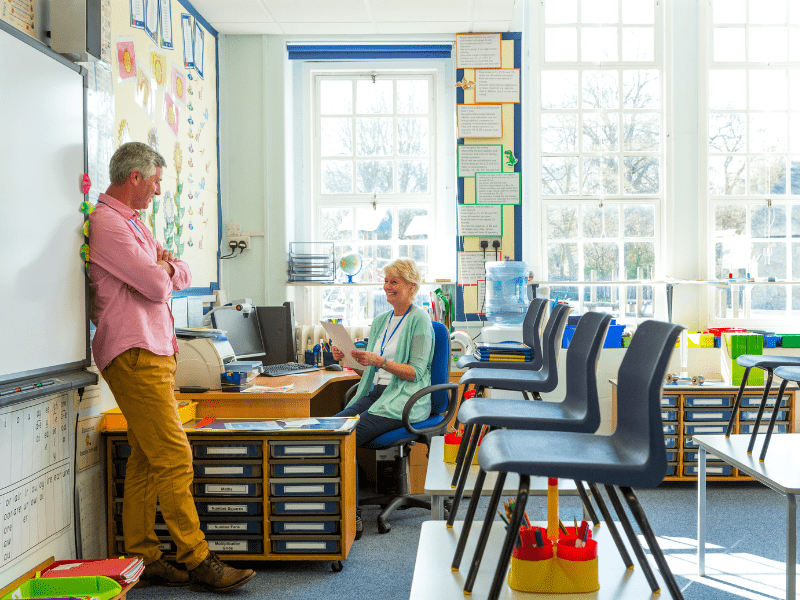
Time Constraints
One of the primary challenges in promoting SEL in EYFS is the time constraint within the curriculum.
Due to education systems, educators may feel pressured to focus on academic skills at the expense of social-emotional development. Balancing academic and emotional learning is essential for fostering well-rounded development and to maintain supportive relationships.
Diverse Needs of Children
Children and young people come from varied backgrounds and may have different social-emotional needs. Tailoring SEL initiatives to address diverse experiences and challenges is critical for child development.
Educators must be sensitive to cultural differences and individual circumstances that may impact a child’s social-emotional learning in order to have a positive impact.
Conclusion
Promoting Social Emotional Learning in the Early Years Foundation Stage is vital for fostering well-rounded development in children and young people. By creating supportive environments, implementing structured programs, engaging families, and ensuring educator preparedness, we can equip children with the SEL skills they need to develop healthy identities and to navigate their social worlds effectively.
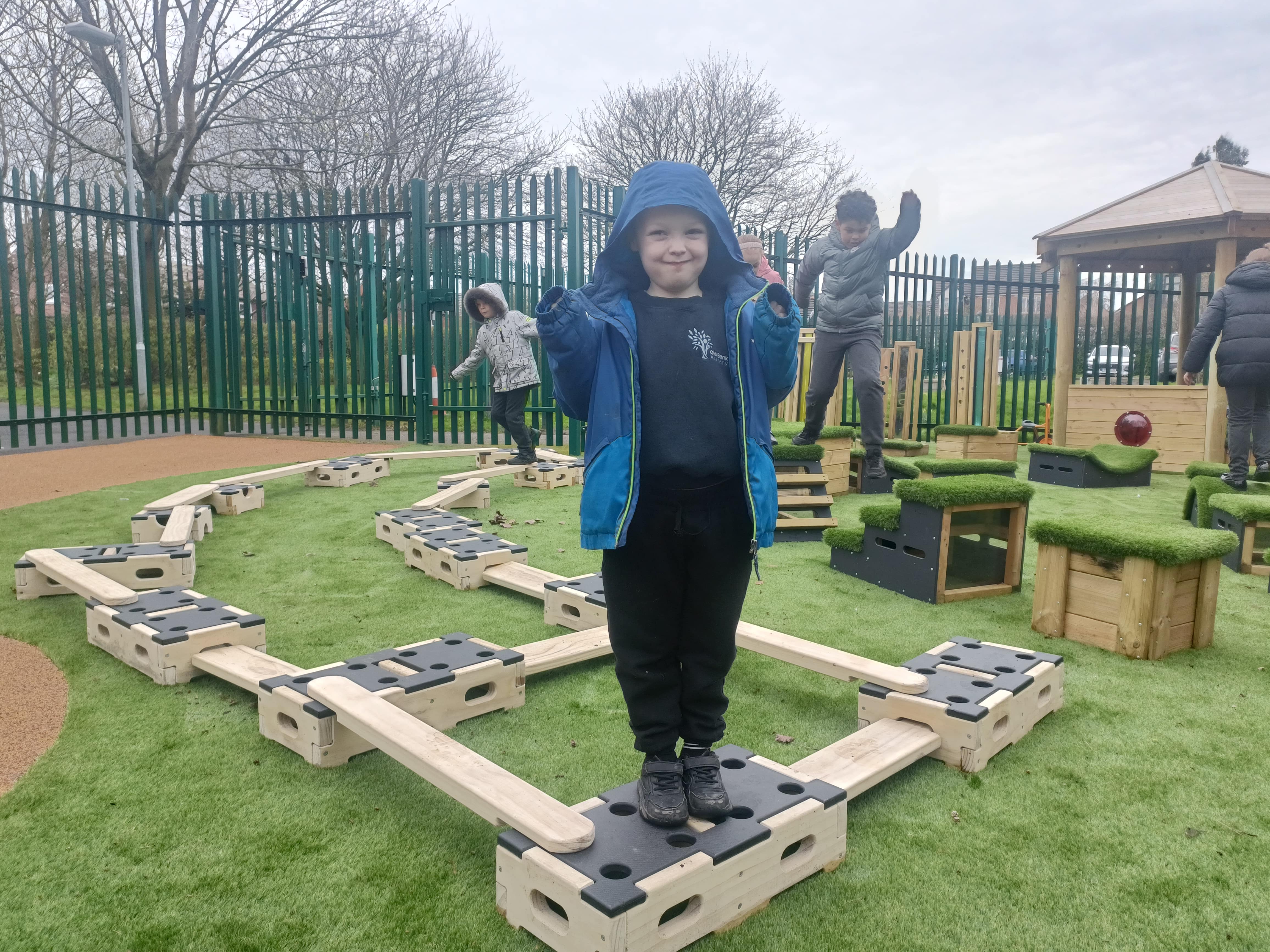
While challenges exist, the long-term benefits of prioritising SEL far outweigh the obstacles, ultimately leading to healthier, more resilient children and young people.



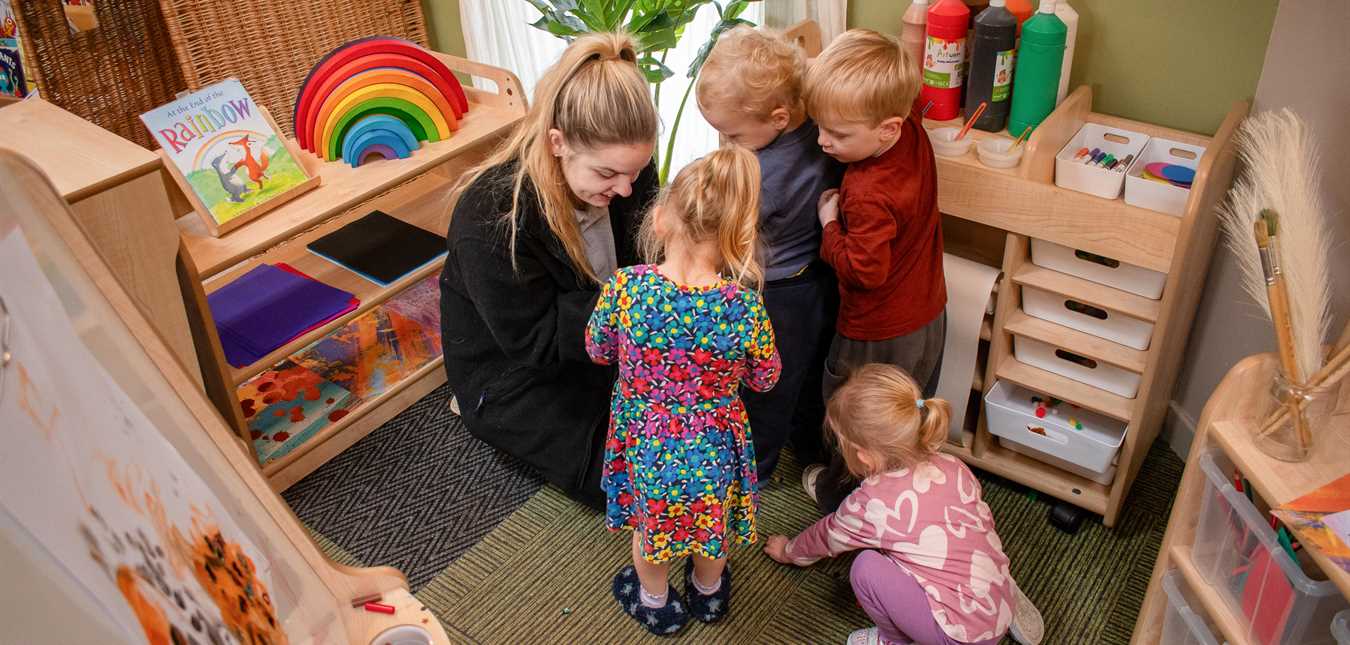

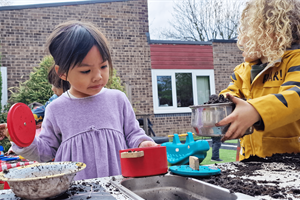
 (Custom).jpg)